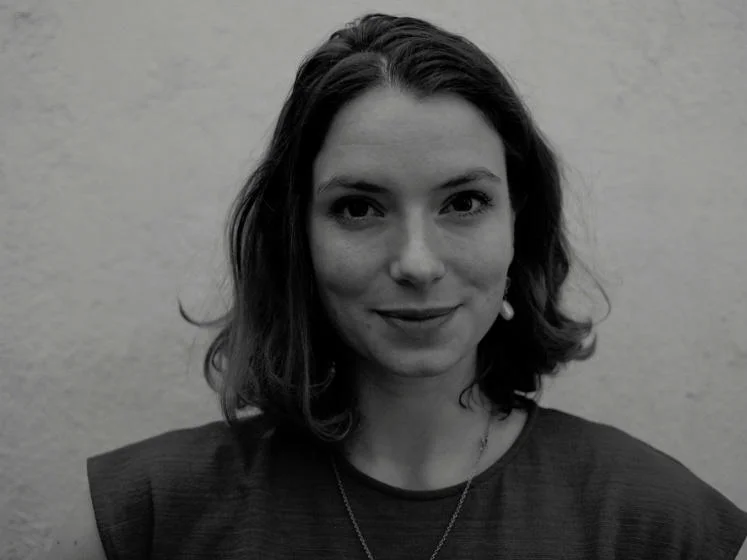Interview with Kristina Kolbe
Researching contemporary forms of music production in Berlin
Kristina is a PhD candidate in the Department of Sociology
LSE has a very inspiring research community and London is such a vibrant place and has so much to offer.

What are you currently researching?
My research explores contemporary forms of music production in Berlin and looks at how the city as a multicultural and socioeconomically diversified space is represented through musical practice.
I’m conducting an ethnographic study of an on-going music project in the city and analysing how concepts of diversity, difference and inequality are constructed and reflected in both the project’s organisational set-up and aesthetic practices.
Through critically engaging with both postcolonial discourses of representation and current debates around the concept of an ‘emerging cultural capital’, I aim to assess the implications of contemporary cultural production for broader patterns of cultural representation and social distinctions that shape inequalities in the urban sphere.
What attracted you to this area of research?
Having a background in musicology, I have always been interested in the social significance of cultural production. I would like to understand how social dynamics in the field of cultural production shape concepts of cultural value and legitimacy and how these discourses interlink with broader patterns of inequality and power.
I am particularly fascinated by how music can be both a reflection of hegemonic discourses as well as a site of struggle, negotiation and resistance. To understand these ambivalences in more depth and to examine how they link to wider hierarchizing discourses of ‘race’, ethnicity and class in the context of Berlin, Germany, has been a main motivation for focusing on this area of research.
What do you hope to do career-wise, long term?
I would love to stay in the academic field – researching and teaching – may that be in the context of the Higher Education sector or working for an international research institute. I am also interested in the intersection between research and practice, focussing on cultural policy in particular.
What are your top three tips to prospective students on the most effective way to approach research and keep stress levels down?
I think the main challenge is to accept that, as PhD students, we have inspiring and productive times but also moments where things can be slow, challenging and disheartening. I then try to remind myself why I have become interested in my research topic in the first place.
As the PhD process can be quite multifaceted with conferences, teaching and other departmental activities, I also believe it is crucial to strictly dedicate a few days a week to your own research and writing.
Also keep in mind that every student is dealing with both the enthusiastic and challenging parts of writing a PhD and most often your cohort can best understand and help you along this process.
What resources are available at LSE to help young researchers?
Your supervisors will possibly be the most important source of research support, but you can always contact other academics at the university as well. Departmental writing groups or other research networks can be a useful resource, too.
I also benefited a lot from the PGCert courses which helped me strengthen my teaching skills. Departments as well as the PhD Academyhave additional funds available for young researchers to attend conferences or covering the writing-up period.
What do you enjoy most about studying at LSE?
The people and the location – LSE has a very inspiring research community and London is such a vibrant place and has so much to offer!